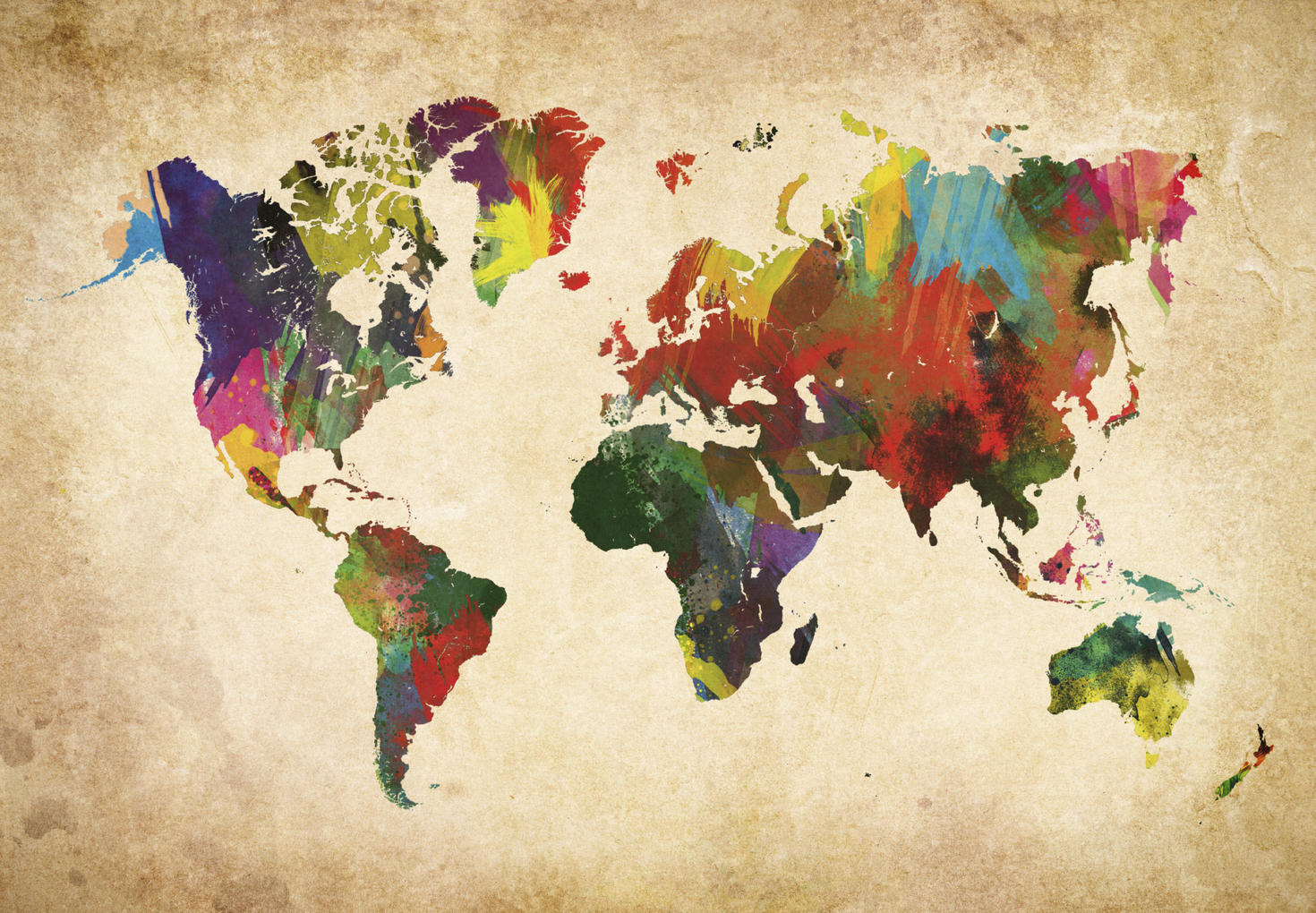Marie-Aimée, Baccalauréat en sciences sociales, spécialisation en études sur les conflits et les droits de la personne
Pays de stage : République démocratique du Congo
ONG canadienne : Alternatives
ONG locale : Solidarité des Femmes pour le Développement Intégral (SOFEDI)
Comme beaucoup d'étudiants, j'ai participé à plusieurs stages tout au long de mes études universitaires. C'est pourquoi, lorsque le moment est venu de planifier mon dernier stage, j'ai voulu essayer quelque chose de différent, quelque chose qui élargirait véritablement mes horizons et satisferait ma curiosité pour le monde : un stage international. Cependant, la pandémie de COVID-19 a rapidement mis mes projets en suspens et, pendant longtemps, j'ai pensé avoir perdu cette occasion unique.
J'ai été agréablement surpris lorsque j'ai reçu un courriel m'informant que l'Université d'Ottawa et ses partenaires s'étaient adaptés à la nouvelle réalité et proposaient toujours des stages internationaux, à distance bien sûr. Au début, l'idée de chercher un stage à l'autre bout du monde m'intimidait, et il m'a fallu plusieurs semaines pour trouver le poste, l'organisation et le pays qui me correspondaient vraiment. Originaire d'Afrique de l'Est, j'ai rapidement décidé de postuler pour un poste d'assistante de programme en République démocratique du Congo (RDC). L'histoire, la croissance, les habitants et la culture du Congo ont immédiatement retenu mon attention.
Grâce aux ateliers préparatoires proposés par l'Université d'Ottawa et Alternatives, une ONG montréalaise qui travaille directement avec la SOFEDI (Solidarité des Femmes pour le Développement Intégral) en RDC, je me suis sentie bien accompagnée tout au long de mon apprentissage et de ma préparation. Après près de quatre mois de préparation, j'ai commencé mon voyage virtuel vers Bukavu, dans le Sud-Kivu, en RDC.
Comme toute nouvelle expérience, un stage international comporte son lot de défis, même à distance. Étant quelqu'un qui travaille bien sous pression, le fait de travailler seule dans ma chambre a été le premier obstacle que j'ai rencontré. Combiné aux restrictions liées à la pandémie, cet isolement m'a d'abord semblé aliénant et a eu un impact sur ma productivité et ma motivation. Cependant, avec le temps et les conseils de mon entourage, j'ai rapidement surmonté cette difficulté en établissant des limites claires entre ma vie personnelle et professionnelle, en organisant mon espace de travail et en améliorant mes compétences en gestion du temps.
Un stage à distance est loin d'être facile. Au-delà de l'apprentissage et de l'accomplissement des tâches qui vous sont assignées, vous devez également apprendre à gérer les réunions virtuelles et les délais, à naviguer entre différents fuseaux horaires et à vous adapter aux différences culturelles, car oui, même en ligne, ces différences existent toujours !
En tant qu'assistante de programme à la SOFEDI, mes responsabilités sont variées, allant de la traduction de documents officiels et de rapports à la rédaction de contenus informatifs et à la recherche de possibilités de subventions. Mon travail est en grande partie indépendant, mais j'ai eu l'honneur de participer à deux sessions de formation organisées par SOFEDI, où j'ai eu l'occasion d'apprendre auprès de leaders communautaires et de professionnels de santé à Bukavu. Ces expériences m'ont non seulement permis d'approfondir ma compréhension de l'impact de SOFEDI, mais aussi de développer un fort sentiment d'appartenance et d'inclusion au sein de l'organisation.
Aujourd'hui, après cinq semaines de stage, je me sens beaucoup plus à l'aise et confiante dans mon rôle. Le fait de me concentrer sur différents aspects de mon travail m'a permis d'améliorer considérablement mes compétences relationnelles, notamment en matière de communication, d'éthique professionnelle et de discipline. Ce stage m'a également permis de réfléchir à notre dépendance vis-à-vis des interactions en personne et des méthodes d'apprentissage traditionnelles.
J'ai encore beaucoup à apprendre de mes superviseurs, mais je suis certaine que mon stage international à distance pendant une pandémie mondiale sera un atout inestimable pour la poursuite de mes objectifs après l'université.
